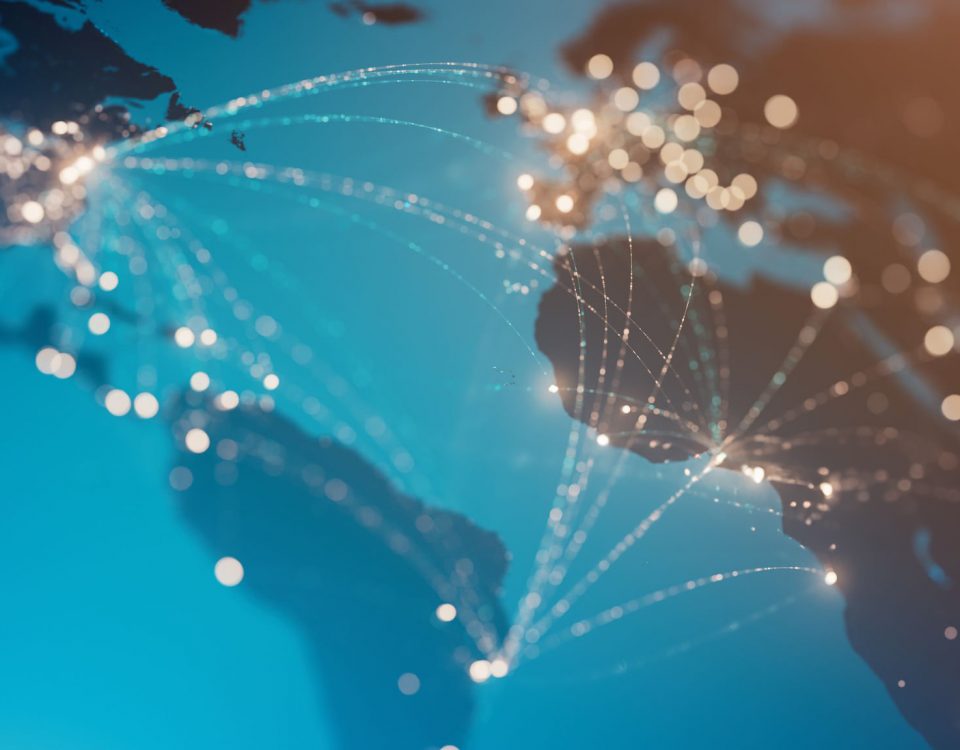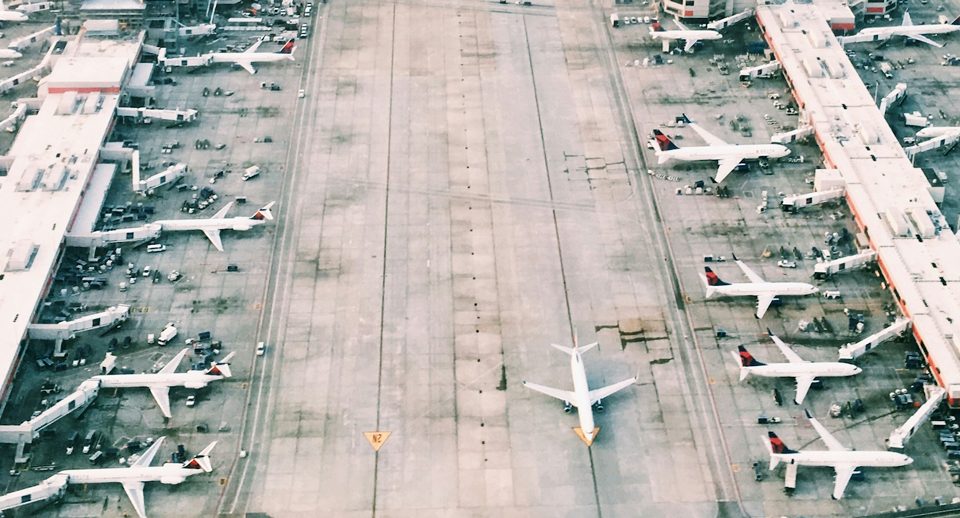
New Frontiers in Nautical Safety: Anti-Collision Technology for Superyachts and Megayachts
August 18, 2022
Enhancing Multi-Parameter Voyage Optimization
August 20, 2024New Challenges for Recreational Yachting in Europe: A Call for Efficiency and Sustainability
By Dr. Sverre Dokken – July 29, 2023
The Changing Reality of Recreational Yachting
The superyacht and megayacht sector in Europe is undergoing a profound transformation. From Monaco to the French Riviera, luxury yachts remain synonymous with status and exclusivity, but behind that glamorous facade lie structural challenges that cannot be ignored. High fuel consumption, increasing regulatory demands, and social pressure for more sustainable practices are redefining the rules for owners, operators, and designers.

European countries, particularly those with significant nautical presence like Monaco, France, and Italy, are at the forefront of this discussion—not only because of the number of yachts that sail their waters, but also due to the environmental impact this generates. The main concerns facing the industry are clear:
- High operational costs: The Mediterranean is one of the most popular destinations for superyachts, but also one of the most expensive in terms of fuel consumption. Long journeys and the growing demand for larger vessels significantly increase operational costs.
- Environmental impact: The greenhouse gas emissions from luxury yachts are disproportionate compared to other sectors. The International Maritime Organization (IMO) estimates that maritime transport contributes approximately 2.5% of global CO2 emissions, and recreational yachts are a considerable part of this problem in coastal regions.
- Stricter regulations: The European Union has intensified its focus on reducing the carbon footprint of all maritime-related activities, and recreational vessels are no exception. Countries like France have implemented new regulations to limit emissions in areas such as the Mediterranean, particularly in high-traffic yacht areas like the French Riviera.
- Adverse weather conditions and safety: As climate change alters ocean dynamics and currents, navigation faces unpredictable risks, making route planning and safety more complex than ever.
Research and Solutions: The Search for Efficiency
In response to these challenges, there is a growing need to research and adopt new technologies that optimize both yacht performance and environmental impact. The commercial maritime industry has made significant strides toward efficiency through the adoption of route optimization technologies, and recreational yachts now have the opportunity to benefit from these advances.
Our research at Global Maritime Services has identified route optimization as one of the most viable solutions to address these issues, improving both fuel efficiency and reducing emissions. Over the past few years, we have gathered and analyzed data on the performance of various technologies in commercial transport that could be applied to recreational yachting, and the results are promising.
Some of the key benefits we’ve identified include:
- Fuel consumption reduction: Based on the data collected from optimized routes in commercial vessels, we have observed significant fuel consumption reductions, which could also be applied to luxury yachts. This reduction not only positively impacts operating costs but also decreases dependence on fossil fuels.
- Reduction in carbon emissions: According to recent IMO studies, the use of route optimization technologies could reduce emissions by up to 10% over the next five years in the recreational yachting industry. This is particularly relevant in the Mediterranean, one of the regions most affected by pollution from recreational vessels.
- Increased safety and predictive navigation: Optimized routes not only aim to save fuel but also provide better planning to avoid adverse weather conditions or high maritime traffic areas, reducing the risk of accidents and improving onboard safety.
Introducing Voyopt: A Step Forward in Route Optimization
Based on this research and our vast experience in the maritime industry, Global Maritime Services has implemented an advanced route optimization solution called Voyopt. This system, already successfully tested in the commercial sector, uses artificial intelligence, advanced algorithms, and machine learning to identify the most efficient routes in terms of both fuel consumption and safety.
Key features of Voyopt include:
- Real-time analysis: It uses weather data, ocean currents, and maritime traffic to continuously adjust the optimal route, ensuring safer and more efficient navigation.
- Emission reduction: By finding the most efficient routes, Voyopt helps reduce CO2 emissions, complying with the strictest environmental regulations of the European Union and facilitating sustainability in luxury yacht operations.
- Adaptability for superyachts: Although initially designed for the commercial industry, Voyopt has been adapted for superyachts and megayachts, with seamless integration into current vessel management systems.
Applications and Success Stories in Europe
Voyopt adoption is already showing results in some of the most innovative yachts in the Mediterranean:
- Yacht “EcoVentura” in Monaco: Since the implementation of Voyopt in 2022, this yacht has reported a 10% reduction in fuel consumption during the summer season, with a notable decrease in CO2 emissions on routes through Monaco and southern France.
- “Blue Horizon” on the Emerald Coast, Italy: Thanks to route optimization, this superyacht has reduced its journey times between Italian and French ports, improving operational efficiency and reducing fuel costs.
A Future of Sustainability and Efficiency
Route optimization is just one of many solutions being explored in the European superyacht industry, but its impact is tangible and significant. By addressing both operational costs and compliance with environmental regulations, technologies like Voyopt represent an indispensable tool for the future of luxury navigation.
At Global Maritime Services, we are committed to continuing research and promoting solutions that not only enhance the onboard experience but also ensure minimal impact on our environment. The future of yachting in Europe is in our hands, and with technologies like Voyopt, that future will be cleaner, more efficient, and safer.
For more information on route optimization and its impact on emission reduction, consult the IMO’s Fourth Greenhouse Gas Study 2020 or the European Union’s 2022 emissions report.
Dr. Sverre Dokken



